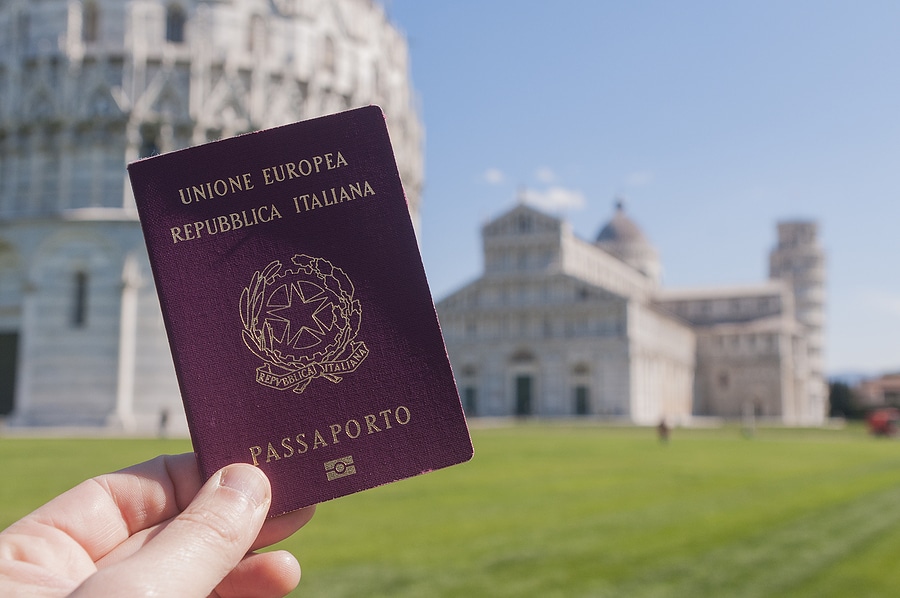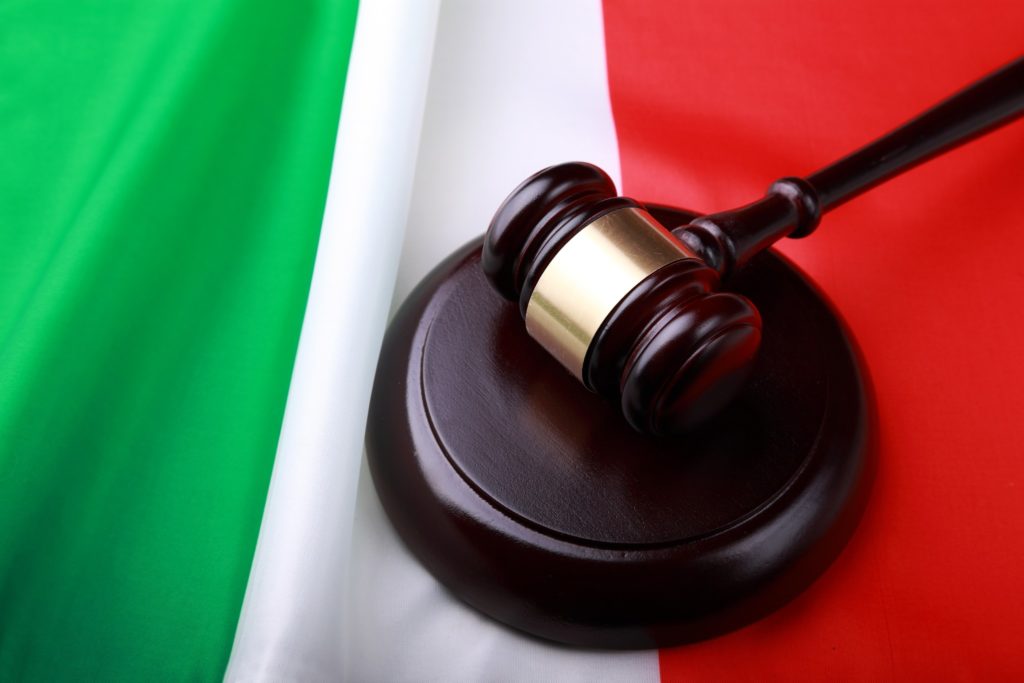
Introduction to the Benefits of Italian Dual Citizenship
In an era of increased global connectivity, dual citizenship is not just a legal status; it’s a key to unlocking a world of opportunities. Italian dual citizenship, in particular, offers a unique fusion of cultural heritage and contemporary advantages. As a member of the European Union, Italy provides its citizens with a number of benefits that extend beyond its borders.
This blog post seeks to unveil the numerous advantages of acquiring Italian citizenship, with a special focus on individuals from the United States and around the world. By exploring the richness of European heritage, we aim to showcase the considerable value that Italian dual citizenship can bring to individuals in today’s globalized landscape.

Historical and Legal Background
Italian Citizenship Law
Italy’s approach to citizenship stands on the principle of “Jus Sanguinis,” a Latin term meaning the right of blood. This principle allows individuals of Italian descent to claim citizenship, irrespective of their place of birth. This is a departure from the “Jus Soli” principle prevalent in the United States and other “New World” countries, where citizenship is primarily determined by the location of birth.
Comparing Jus Sanguinis (Right of Blood) and Jus Soli (Right of Soil)
Jus Sanguinis:
- Meaning: “Jus Sanguinis” determines citizenship based on family heritage or ancestry.
- How it Works: Eligibility is tied to having parents or grandparents who are citizens of a specific country.
- Example: If your grandparents are Italian citizens, you might be eligible for Italian citizenship, regardless of your birthplace.
Jus Soli:
- Meaning: “Jus Soli” grants citizenship based on the place of birth.
- How it Works: Being born in a particular country automatically confers citizenship, regardless of your parents’ nationality.
- Example: In the United States, being born on U.S. soil grants citizenship, even if your parents are citizens of another country.
Key Differences:
- Jus Sanguinis: Citizenship is inherited through bloodline or ancestry.
- Jus Soli: Citizenship is determined by the place of birth.
Practical Implications:
- Dual Citizenship: Jus Sanguinis often allows individuals to hold citizenship in more than one country if they meet ancestral criteria.
- Birthplace Matters: Jus Soli means that citizenship is primarily tied to where you were born, irrespective of your family’s background.
In essence, “Jus Sanguinis” looks at who your ancestors are, while “Jus Soli” looks at where you were born. Countries may use one or a combination of both principles to determine citizenship. This is how people can be a citizen of the United States at birth due to “Jus Soli” rules, while also automatically an Italian citizen at birth due to “Jus Sanguinis” rules.

History and Evolution of Italian Citizenship Law
The roots of Italian citizenship law delve deep into the nation’s history, shaped by its diaspora and evolving socio-political landscape. Initially designed to maintain connections with Italian emigrants, it has evolved into a bridge linking generations to their ancestral homeland.
Comparison with Other Citizenship Laws
Unlike some nations with stringent residency requirements or those that discourage dual citizenship, Italy’s laws are remarkably flexible. Individuals can maintain their current nationality while embracing their Italian heritage. Importantly, there are no generational limits – you may trace your lineage back as far as needed, provided you meet the criteria.
Contrary to common misconceptions, living in Italy, speaking Italian fluently, or having a specific percentage of Italian heritage is not mandatory for eligibility. All you need is one qualifying ancestor, and the required documentation to prove your descent. The application for recognition is then submitted to the appropriate Italian authority or venue.
Benefits of Italian Dual Citizenship
Freedom of Movement in the EU
As an Italian citizen, you gain the extraordinary right to live, work, and study in any of the 27 European Union countries without the need for special visas. This is particularly advantageous for professionals seeking international careers, students aspiring to pursue higher education in Europe, and retirees seeking a tranquil European lifestyle.
Cultural and Educational Opportunities
Holding an Italian passport opens doors to world-class educational institutions. Beyond the academic benefits of Italian dual citizenship, an Italian passport gives on the opportunity to immerse oneself in a culture steeped in history, art, and tradition. It’s not just about accessing Italy’s rich cultural tapestry but also embracing a broader European experience.
Economic Benefits
Italian citizenship opens doors to employment opportunities throughout the EU. It streamlines the process of buying property in Italy and potentially offers tax advantages, making it an appealing prospect for entrepreneurs and investors looking to expand their ventures in Europe.
Healthcare and Social Benefits
Italy’s healthcare system, renowned for its high quality and accessibility, becomes accessible to dual citizens not only in Italy but across the EU. Additionally, social security benefits extend to various forms of welfare, including pension schemes. This is one of the most worthwhile benefits of Italian dual citizenship.
Voting Rights and Political Participation
As an Italian citizen, you gain the right to vote in Italian national elections and participate in certain EU political processes. This presents a significant opportunity to have a voice in the policies and decisions of your ancestral homeland.
Process of Gaining Italian Dual Citizenship
Gaining Italian dual citizenship involves a comprehensive three-step process:
- Figuring out Eligibility:
- Before proceeding, ensure you meet the eligibility criteria. Even having just one Italian ancestor might qualify you for the process. We have a thorough guide on eligibility which you can consult here.
- Handing in Your Application:
- Choose the appropriate venue to file your application for the recognition of Italian dual citizenship. This could be at a local consulate, directly in Italy, or in court, depending on your situation.
- Waiting for Recognition:
- Currently, the Italian government has up to 24 months to recognize your Italian dual citizenship. This doesn’t mean the process will take 24 months, just that it can.
Challenges and Considerations
While embarking on this journey, be prepared for potential challenges, including intricate bureaucratic processes. The pace of Italian bureaucracy may surprise those accustomed to faster administrative systems, but patience is indeed a virtue in this endeavor. Additionally, language barriers may pose a challenge, particularly when obtaining Italian genealogical records. To mitigate this, individuals can opt to hire a service provider to handle the genealogical research. Recognizing that timelines for acquiring citizenship can vary significantly, a patient and resilient approach is essential. Even with these factors considered, the benefits of Italian dual citizenship far outweigh the challenges.
